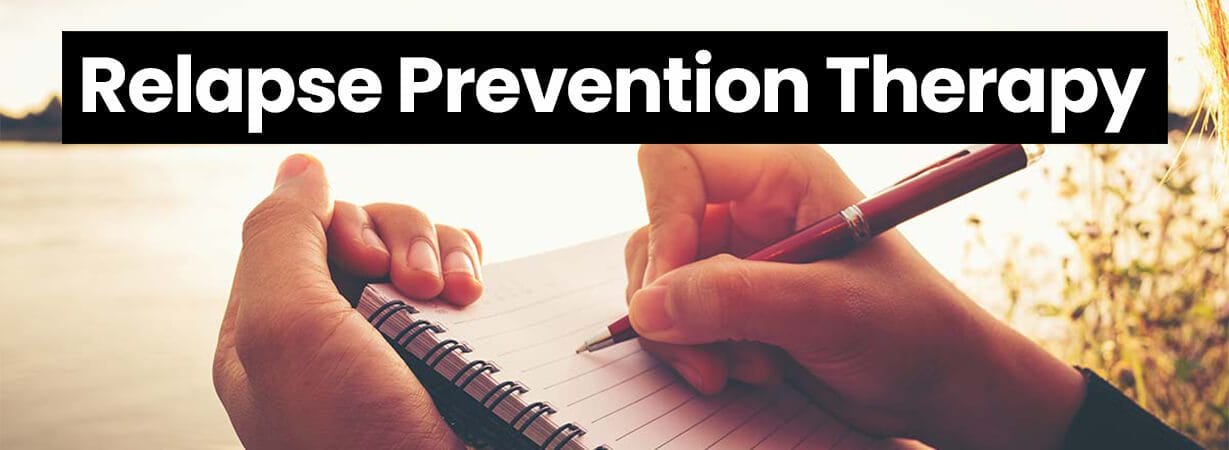Relapse Prevention Therapy
Relapse Prevention Therapy Program
Inspire Malibu provides all clients with personalized Relapse Prevention Therapy (RPT). As there is no cure for chronic illnesses, occasional recurrences of symptoms are perfectly normal. The idea is to minimize both the frequency and severity of these recurrences, with the goal of preventing them entirely by early detection and appropriate preventive strategies.
The initial therapeutic component in RPT is the identification of the specific factors that may trigger a return of an individual’s behavioral symptoms. Inspire Malibu provides the tools and techniques to recognize and cope with those triggers which vary from exceptionally mild to devastatingly severe.

Therapeutic Components of Relapse Prevention
The Addictive Behavior Research Center at the University of Washington has excellent materials related to RPT, and the following information is adapted from their published guidelines.
Specifically, Relapse Prevention Therapy consists of the following components:
Relapse Prevention Therapy teaches coping strategies (constructive ways of thinking and behaving) to deal with the immediate problems such as residual urges and cravings for the object of their addiction – mainly drugs and alcohol.
RPT provides clients with maps showing the location of various temptation situations, pitfalls, and danger spots along the way that can throw clients off course with the lure of temptation. RPT will give clients information on detours to avoid temptation situations where possible and to help them to acquire the skills to cope with challenges.
- RPT helps guide clients through the tricks their minds sometimes play on them such as making Apparently Irrelevant Decisions that set them up for trouble. RPT helps clients make important changes in their day-to-day lifestyle, and teaches them to trust in the assurance that that their sensitivity to the diverse subtleties of life’s pleasures will return once their brain’s pleasure center is not overwhelmed.
- Relapse Prevention Therapy also teaches clients new methods of coping with stress. Unrealistic expectations of perfection often set people up for disappointment in themselves. RPT encourages clients to take a more realistic approach, and learn to anticipate and cope with problematic situations. Whether you call it relapse or recurrence of symptoms, when or if it happens, Inspire Malibu knows it isn’t a sign of failure, or proof of a fatal character flaw – chronic illnesses are, by definition, chronic – clients learn to quickly recoup and move forward.
Inspire Malibu uses the Stages of Change with the following evidence based therapies to support Relapse Prevention:
For the sake of our own efficacy, Inspire Malibu conducted an “Addiction Treatment Aftercare Outcome Study” and the results have been published in the Open Journal of Psychiatry.
Our results demonstrated that patients undergoing the 30-day inpatient treatment program exhibited a 54.7% treatment success rate, while patients treated for more than 30 days experienced a success rate of 84.2%.